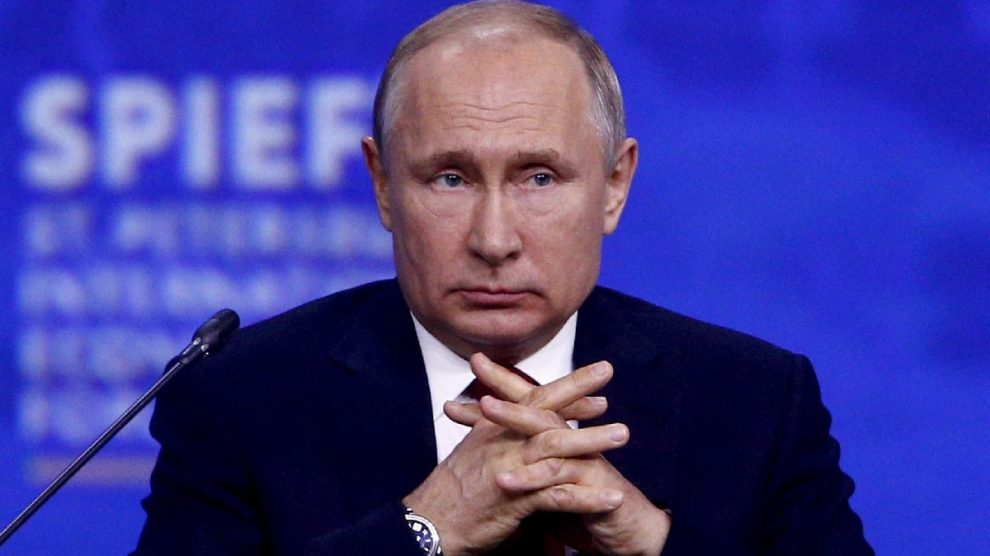Italian spies zero in on Russian Embassy. Staffers in Italy have withdrawn roughly €4 million in cash (sometimes as much as €100,000 at a time) from two accounts held by the Russian Embassy since Russia’s full-scale invasion of Ukraine. Repubblica reported that the anomalies alerted the Bank of Italy’s Financial Intelligence Unit and that Parliament’s Intelligence Committee had been informed. Now, intelligence agencies are focussing on to whom the untraceable cash might have gone.
Financing information warfare? Hypotheses include the use of the Russian Embassy’s money channels to bypass EU-wide sanctions on Russian bank accounts. However, as Repubblica explains, perhaps the most credible one holds that cash withdrawals are “the result of a more complex strategy based on information: receiving it and passing it on.”
- Of course, the money might have been used to pay certain people without leaving a trace. Targets would include armed forces or other workers from vital State sectors that can provide relevant information, like on new weapons, for a fee.
- But it might have also been directed to pay “influencers, journalists or commentators to support the Kremlin’s cause.”
Meanwhile, in Germany, an international journalistic investigation dubbed Cyprus Confidential revealed that award-winning German journalist Hubert Seipel, author of a biography of Russian President Vladimir Putin and a leading figure in the German media landscape on issues relating to Russia, was allegedly paid as much as €600,000 to publish an essay titled “Putin’s Power. Why Europe needs Russia” (he denies the allegations).
- The covert payment would have been made through a shell company based in the British Virgin Islands by Russian oligarch Alexej Mordashov, who is close to the Kremlin and has been hit by sanctions from both the United States and the European Union.
Mapping the hybrid war effort. This cash (and the alleged covert wiring) to finance Russian propaganda jibes with Russian intelligence’s traditional strategies of recruiting informants and influence agents as well as people who can convey the Kremlin’s disinformation narratives and propaganda to Italian public opinion: journalists, opinion makers, writers and bloggers, university professors, and think tank researchers, as Luigi Sergio Germani, director of the Gino Germani Institute for Social Sciences and Strategic Studies, told our sister website.
The latest episodes. “The fact that there are rivers of money is obviously a systemic problem, and it is good to ask questions about how it is being used,” remarked Enrico Borghi, an opposition senator and Intelligence Committee member. He then recalled the phone call made by Russian State-aligned “comedians” at the expense of Prime Minister Giorgia Meloni, noting that Russia is “carrying out a communicative and informational destabilisation operation.”
- He also cited the 2020 propaganda operation, approved by then-PM Giuseppe Conte and occurred in the very early days of the Covid pandemic, which entailed Russian military personnel offering very public “aid”.
- That operation remains shrouded in “numerous doubts, both as to the real objectives of the Russian contingent and as to the modalities and entity of the mission’s funding,” explained the senator.
- Other facets of the Kremlin’s propaganda offensive entail the usual raft of messaging and cyber espionage. In a report published on Tuesday, Ukraine’s National Cyber Security Coordination Center unveiled a sophisticated cyberattack orchestrated by APT29, an advanced persistent threat group linked to Russia’s Foreign Intelligence Service (SVR).
- The targets of this attack spanned multiple European nations, including Azerbaijan, Greece, Romania, and Italy, with the primary goal of infiltrating embassy entities.




